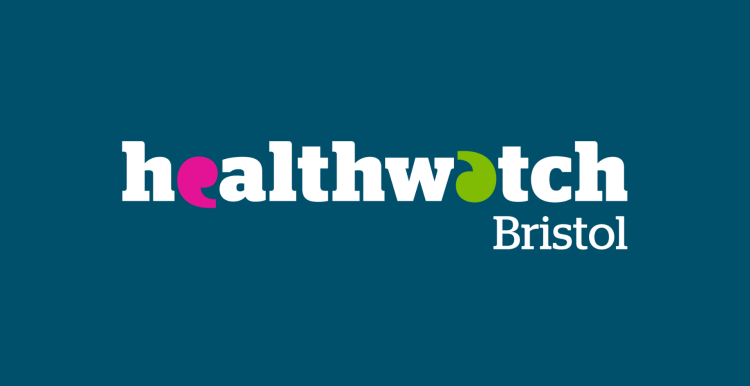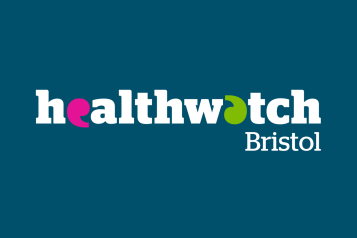131 local Healthwatch services unite to oppose government plans to undermine independent public voice

The letter, which to date has been signed by 131 Healthwatch Chief Officers/Chairs - representing 86% of the national network - warns that the proposed changes would seriously compromise the independence that makes public feedback effective and trusted.
"Bringing public voice functions in-house risks creating a system where feedback is filtered, inconvenient truths are softened, and accountability is diluted," the letter states. "It sends the wrong message at a time when public trust in institutions must be rebuilt, not eroded."
Download the full letter below.
Downloads
Healthwatch services have long served as independent champions for patients, carers, and communities - particularly those who are vulnerable or face barriers to accessing care. Their statutory independence allows them to challenge poor practice, conduct impartial research, and ensure that people’s voices are heard without fear or favour.
The letter draws on lessons from the Mid Staffordshire NHS Foundation Trust scandal, where failures in local scrutiny contributed to serious harm. It argues that dismantling independent advocacy would repeat past mistakes and weaken public accountability.
"People often tell us we are the first service to truly listen and the only one that follows up to ensure they receive the support needed," the letter continues.
The signatories are calling for a meeting with the Secretary of State and are urging the government to strengthen - not dismantle - independent public voice initiatives.
Kevin Peltonen-Messenger, CEO of TCF (the provider of Healthwatch Bristol), said:
"Today, we’ve published an open letter to the Secretary of State setting out why the independence of voice within health and care must be cherished - not diminished.
"Over the past 13 years, we’ve proudly delivered Healthwatch, building trusted relationships with people, communities, and system partners. While the new 10-year plan presents a vision for the future, it also signals a significant shift: reducing the power that people and communities currently hold. It places influence, oversight, and scrutiny back into the hands of systems that many of the people we work with already feel excluded from.
"As the health and care system continues to move toward models like Payment by Results, the role of independent organisations - like ours and the seven Healthwatch services we deliver - is more vital than ever. Nationally, Healthwatch services are rooted in communities, often delivered by VCSE organisations that were built by and for the people they serve.
"The solidarity we see across the Healthwatch network is powerful. People, patients, and system leaders trust us. Now is a pivotal moment to shape and safeguard independent voice in health and social care - not as a nice-to-have, but as a core part of delivering meaningful, inclusive, and accountable care."
Notes to Editors
What is local Healthwatch?
Local Healthwatch is the statutory health and social care champion for people in England. There are 152 local Healthwatch services, each commissioned by their local authority and working independently to gather public feedback, provide information and signposting, and influence improvements in care.
Annual Reach:
Healthwatch helps over one million people each year to share their experiences and access support and advice about health and social care services.
Policy Context:
The 10-Year Health Plan for England, published on 3 July 2025, and the Penny Dash Review of Patient Safety, published on 7 July 2025, both propose ending the independent patient voice by closing national and local Healthwatch bodies. They suggest transferring public engagement functions to NHS commissioners and local authorities.
Why Independence Matters:
Independent advocacy ensures that feedback is not filtered or softened and that services are held accountable. Local Healthwatch’s impartiality is essential for building trust and driving meaningful change in health and care systems.

